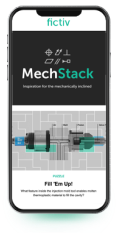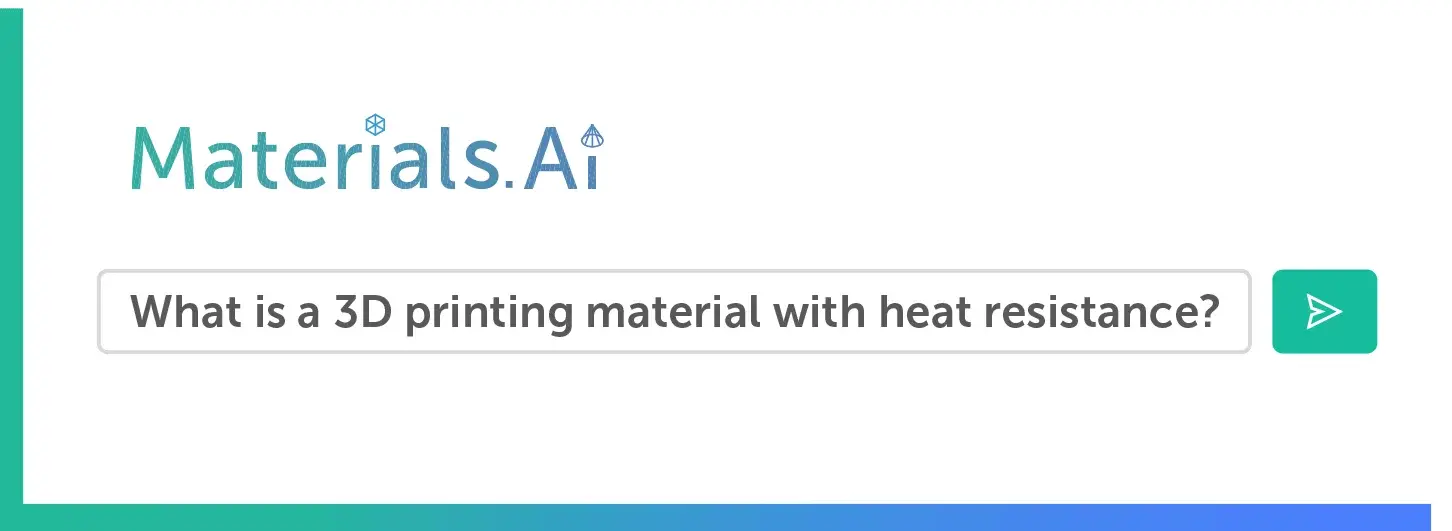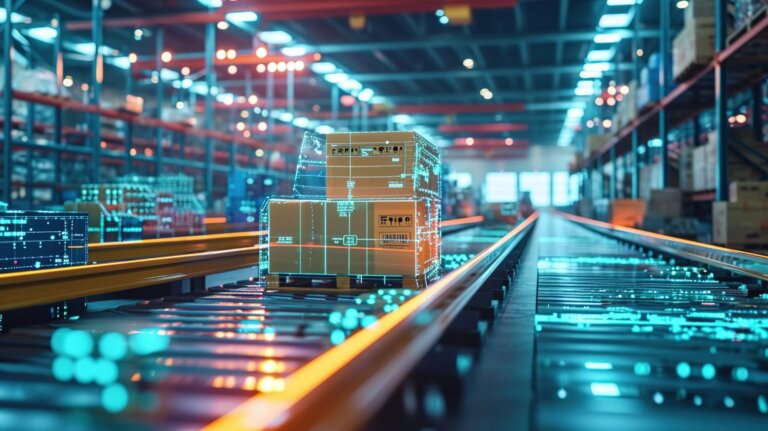Time to read: 5 min
Our most recent webinar focused on how to source high-quality parts from overseas, without the risk. Fictiv team members Jeanette Zhang, Head of Overseas Fulfillment; Andy Sherman, Director of Global Supply Chain; Ricardo Ortiz, International Logistics Lead; and David Woodward, Director of Quality, answered questions and shared their insights and advice on overseas manufacturing advantages and challenges.
Overseas Manufacturing Advantages and Challenges
We talked about some of the key advantages and challenges to keep in mind when ordering parts from overseas. Jeanette said the benefits of manufacturing in the APAC region include production scale, exposure to a vast supply base, and technology. Jeanette noted that having access to a larger range of suppliers with many different manufacturing processes offers a higher chance of getting the most balanced deal among speed, quality, and price.
“Fictiv offers both options, and depending on your objectives and development stage, one option may make more sense,” said Ricardo. “Remember to consider the total landed cost, including freight charges and tariffs.”
David talked about the drawbacks to overseas manufacturing, including the many steps you need to follow, time zone differences, and communication challenges.
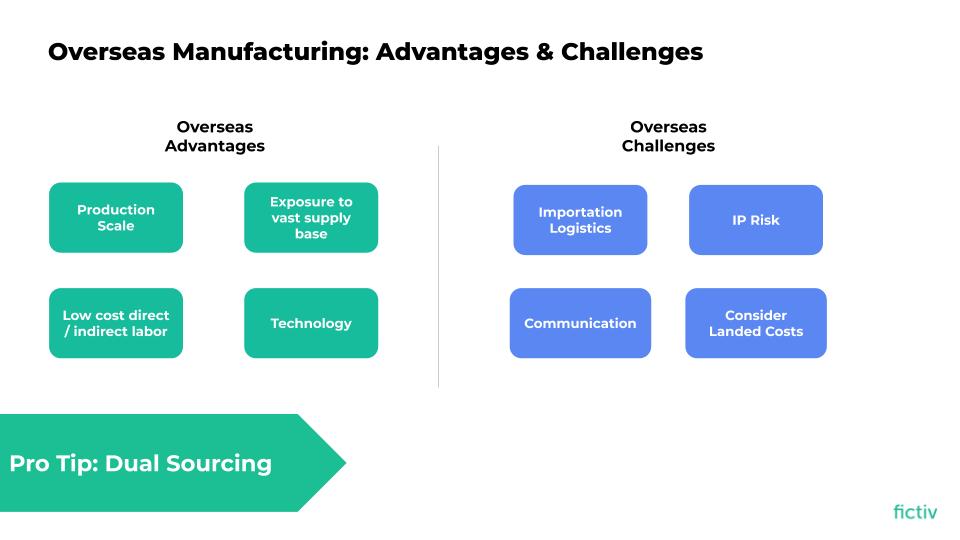
International Logistics
Ordering parts overseas has some unique considerations around importation, so Ricardo shared what you need to know to avoid delays and also protect yourself from any liability.
“One of the unique challenges of 2020 has been shipping delays from overseas, due to the COVID-19 pandemic,” he said. “Certain airports still remain congested, so we are working with our courier to divert shipments to other airports in the area. The good news is that current lead times at Fictiv are 3-5 days.”
Remember that holidays can increase transit times and plan ahead. We recommend adding 2 days if you’re ordering during a major holiday.
“This is why, at Fictiv, we have a team that monitors transit times, oversees exports and imports, and we keep our platform updated to properly represent actual lead times,” said Andy.
Ricardo explained a few Incoterms, like DDP (Delivery Duty Paid) and DDU (Delivery Duty Unpaid), and offered importing tips.
“It’s important to know who the importer of record will be, and who will pay the duty fees,” he said. “If you end up being the importer, you may have to deal with additional requirements that could stop your shipment at Customs.”
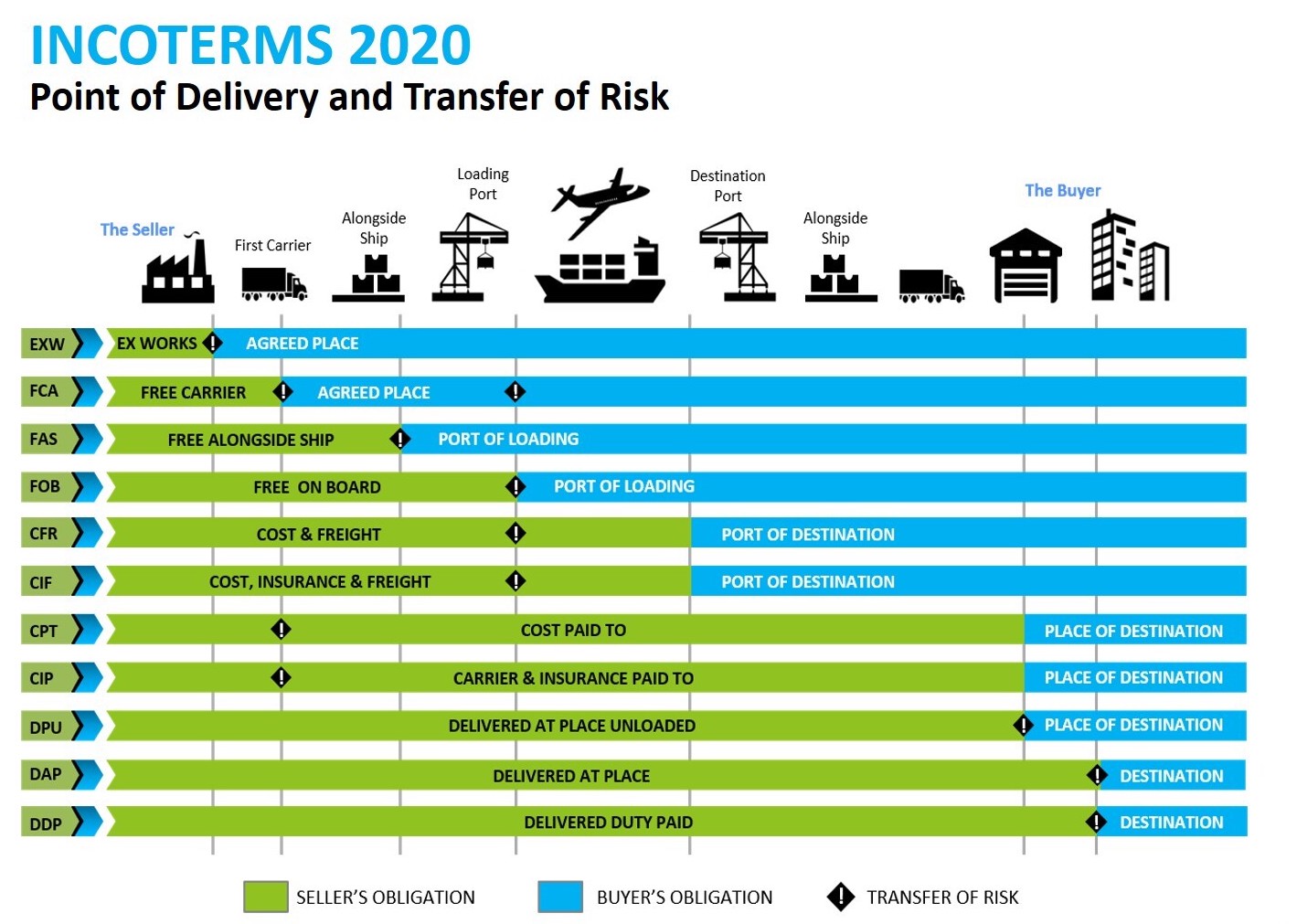
Fictiv is now streamlining the process of getting prototype parts and low-value commercial parts imported. For all overseas prototyping orders, Fictiv now assumes all costs and importation responsibilities, so you can get quality parts delivered hassle-free. This means you don’t have to worry about filling out importer ID forms, special customs codes, or paying surprise fees; and you can trust that your orders will be delivered on time, as Fictiv has a robust and streamlined process in place for getting the right documentation to U.S. Customs, avoiding importation friction and delays.
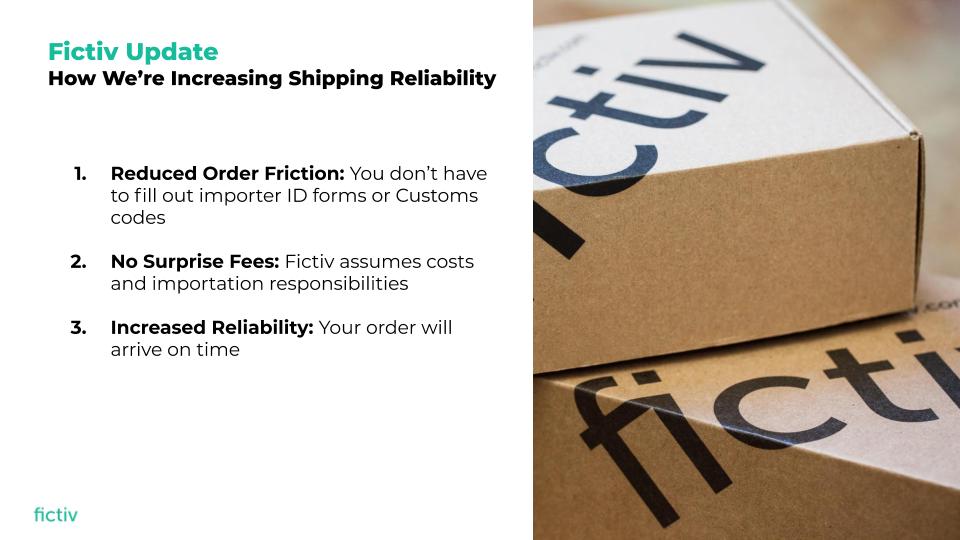
To help ensure your order goes smoothly through customs, we recommend uploading a drawing with your 3D model. We provide classification based on the data we receive, and this gives us better data. If you’re able to provide the end use descriptions, that helps us properly declare goods through Customs.
Andy noted that you don’t have to be a logistics expert to order parts from overseas, but it helps a lot to have a logistics team to support you, and Ricardo added that Fictiv’s internal logistics team does its best to address customer questions.
“For MEs prototyping on your own, we can estimate your landed costs,” Andy said. “Our platform shows estimated freight costs, and we can work with you to guide you through the overseas manufacturing process.”
IP Protection
We often get questions around IP protection, as well as quality control and quality assurance, especially for overseas production. Jeanette advised customers to look for two certifications: ISO 27001 and SOC2, which mean the supplier provides a high level of security, especially information security for digital data. Jeanette also reminded finding out the factory stores and handles physical products–for example, Fictiv’s China office has a secure room to hold products.
“Fictiv anonymizes customer data, so manufacturers don’t necessarily know which customer is producing which parts,” said Andy. “We remove customer ID info and split up orders, sometimes sourcing to multiple manufacturers to further obfuscate how parts may play with each other.”
We also ship product back through our office in China, to make sure shipping documentation and identification of end customers is kept to Fictiv ownership, not supplied back to MPs. We have rigid contracts in place in terms of NDAs and liabilities around IP leakage. In addition, Fictiv’s China team regularly visits our manufacturing partners to make sure parts are indeed being produced at those manufacturer sites, not being outsourced to another manufacturer.

Quality Control
Quality can be another concern for companies when ordering parts from overseas–depending on what type of partner you’re working with, there can be a lot of unknowns or barriers about how and when communication and quality control will happen.
Jeanette talked about the qualities her team looks for in onboarding new overseas manufacturing partners to the Fictiv global manufacturing network.
“We look for factories that meet our supplier profile,” she said. “Good indicators are that the space is clean and well-organized; the owner/GM is hands-on and technically experienced; and we have access to top management, so we can get things prioritized and quickly resolve issues. Often, you know within the first 5 minutes if a factory is promising or not.”
David emphasized the importance of communication to improve quality outcomes with an overseas supplier.
“Communication is two ways,” he said. “You want your overseas supplier to feel comfortable asking questions, and you want to be able to approach them.”
Andy talked about the proactive approach of quality control, as opposed to the reactive approach of quality assurance.
“Quality control is a catch-all,” he said. “You don’t want to get parts in the U.S. and find that they’re out of spec; you want to have trusted eyes on the ground where your manufacturer is, to ensure quality is coming out of the factory.”
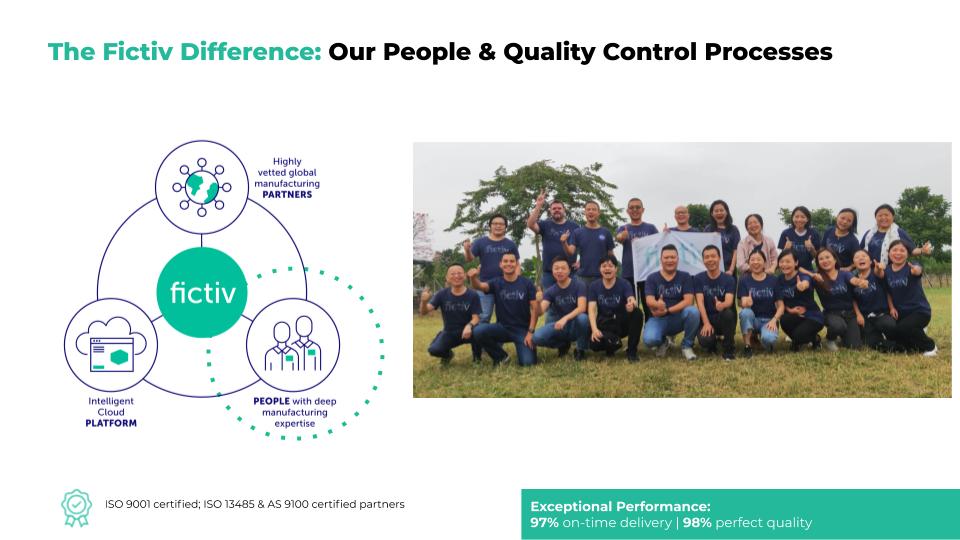
A unique aspect of the Fictiv ecosystem is our team with boots on the ground in the U.S. and the APAC region.
“Our team in Guangzhou is an experienced, bilingual team of 30, and they do DFM reports, analysis, quoting, project management, quality, and logistics,” said Jeanette. “Team members typically come from larger companies and have 10-25 years in the industry.”
David explained Fictiv’s quality control process: We inspect all 3D printed and CNC machined parts before they are shipped out to customers. Our Fictiv 5 CNC inspections follow a custom inspection sheet for every CNC part, based on the unique features that should be inspected with hand metrology. This is a standard service for all CNC parts, and we can do more advanced inspections upon request.
We also rely on our highly vetted, closely managed manufacturing partners. In addition, platform transparency means Fictiv provides our customers with on-demand production updates, virtual inspection photos before parts are delivered, and customer data, all in one place.
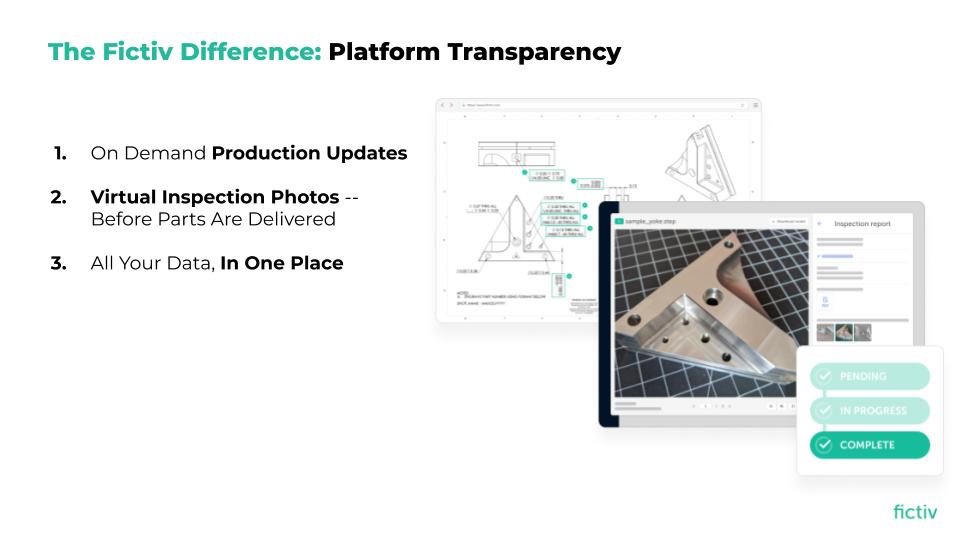
Main Takeaways
We recommend using a holistic approach in evaluating overseas manufacturing for your company. Make sure you source partners carefully and ask the right questions when evaluating suppliers, to mitigate risk. Communication is key, and it’s important to get support from your internal logistics team or an experienced partner.
If you’re interested in getting a quote for overseas manufacturing or domestic, you can create your free account at fictiv.com and then upload your CAD files for an instant quote with DFM.







